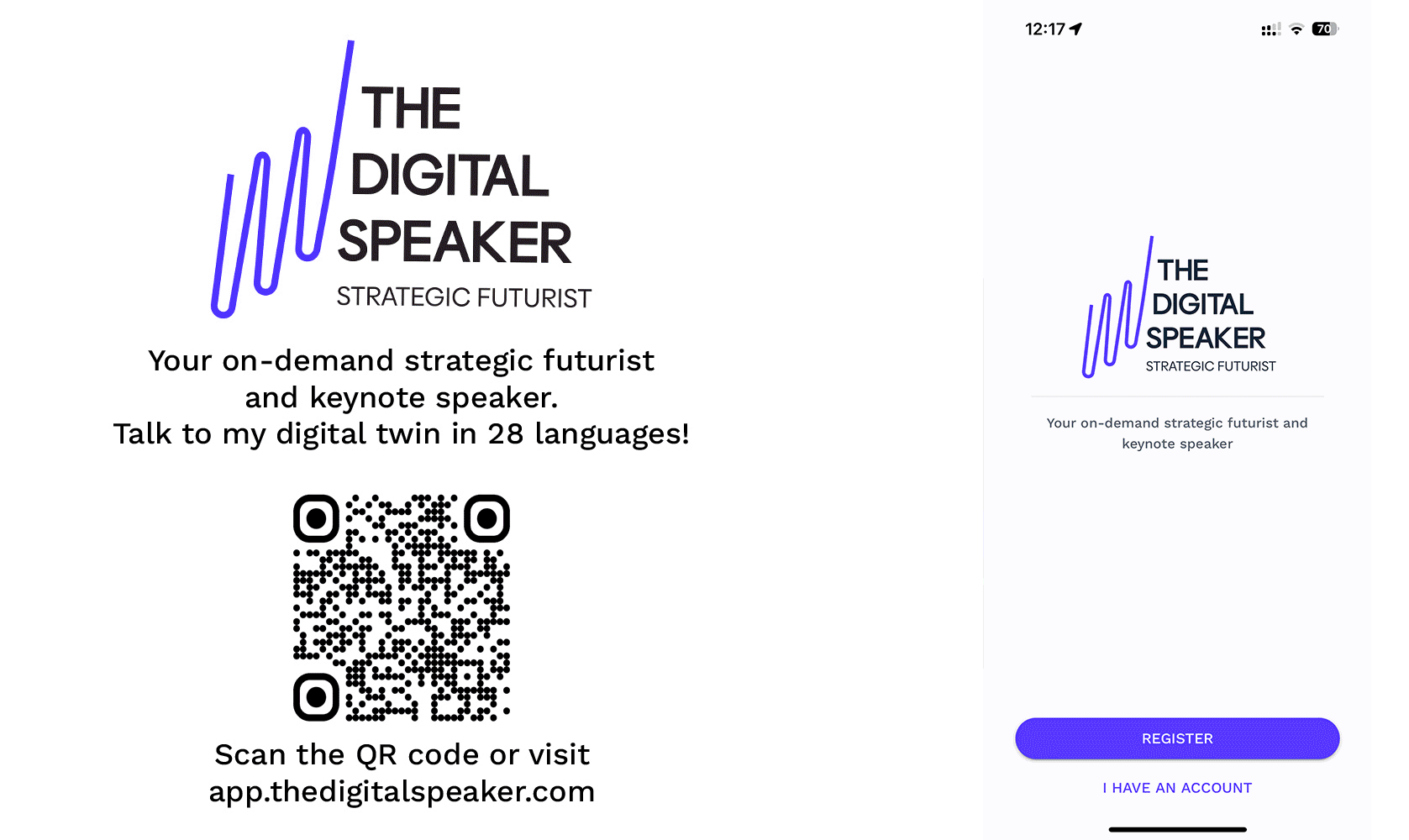Universal Basic Income: The Real Impact of Unconditional Cash

Is basic income just a safety net for the lazy, or the key to unlocking true economic freedom?
A recent study backed by OpenAI's Sam Altman provided a glimpse into the transformative potential of a universal basic income by giving 1,000 Americans $1,000 per month for three years. Conducted by OpenResearch, this experiment is the largest randomized basic income trial in the US to date, offering valuable insights into how unconditional cash impacts people's lives.
Participants used the extra income to cover essential needs such as housing, food, and transportation. Interestingly, while there was a slight reduction in work hours—particularly among single parents who chose more flexible jobs to spend time with their children—the study dispelled fears of a mass exodus from the workforce.
On average, recipients worked just over an hour less per week compared to the control group. This modest decrease in work hours underscores a crucial point: basic income can provide the flexibility to improve quality of life without eliminating the incentive to work.
Health outcomes from the study were nuanced. Although there were no significant improvements in physical health, recipients visited healthcare providers more frequently and spent more on medical care, indicating better access and potentially long-term health benefits. Mental health saw short-lived boosts primarily through reduced stress in the first year, though these effects diminished over time. Despite the mixed results, the study highlighted how financial stability can facilitate better healthcare engagement.
One of the standout findings was the enhanced future orientation among recipients. They became better at budgeting, saving, and planning for higher education or entrepreneurial ventures. This shift towards a more proactive and aspirational mindset suggests that basic income can foster not just economic stability but also personal growth and empowerment.
The flexibility of cash transfers emerged as a critical theme. Unlike targeted welfare programs, unconditional cash allows recipients to address their unique needs and priorities. This adaptability makes basic income a versatile tool for poverty alleviation, capable of supporting diverse outcomes based on individual circumstances.
While the study provided 1,000 recipients with cash, it wasn't just about cash transfers but a broader commentary on the future economic landscape shaped by AI. Altman and other tech leaders like Elon Musk have long warned that AI could lead to widespread job displacement, necessitating a universal basic income (UBI) to maintain societal stability.
This connection, however, is double-edged. Linking UBI too closely with AI's potential job elimination risks undermining the basic income argument if AI's impact on employment doesn't match the dire predictions. The core value of UBI, as the study suggests, lies in its ability to reduce poverty and provide financial stability independent of AI's trajectory. Thus, while AI adds a sense of urgency to the UBI debate, the policy's merits stand robustly on their own, advocating for a shift towards unconditional cash transfers to enhance economic security and personal freedom.
However, the study also prompts us to reconsider the broader implications of basic income. Should we view it merely as a stopgap measure against poverty or as a foundation for a more equitable and dynamic economy? The debate continues, but one thing is clear: the conversation around basic income must evolve beyond immediate financial impacts to encompass long-term societal and economic transformations.
Read the full article on OpenResearch.
----
💡 If you enjoyed this content, be sure to download my new app for a unique experience beyond your traditional newsletter.
This is one of many short posts I share daily on my app, and you can have real-time insights, recommendations and conversations with my digital twin via text, audio or video in 28 languages! Go to my PWA at app.thedigitalspeaker.com and sign up to take our connection to the next level! 🚀

If you are interested in hiring me as your futurist and innovation speaker, feel free to complete the below form.
Thanks for your inquiry
We have sent you a copy of your request and we will be in touch within 24 hours on business days.
If you do not receive an email from us by then, please check your spam mailbox and whitelist email addresses from @thedigitalspeaker.com.
In the meantime, feel free to learn more about The Digital Speaker here.
Or read The Digital Speaker's latest articles here.





